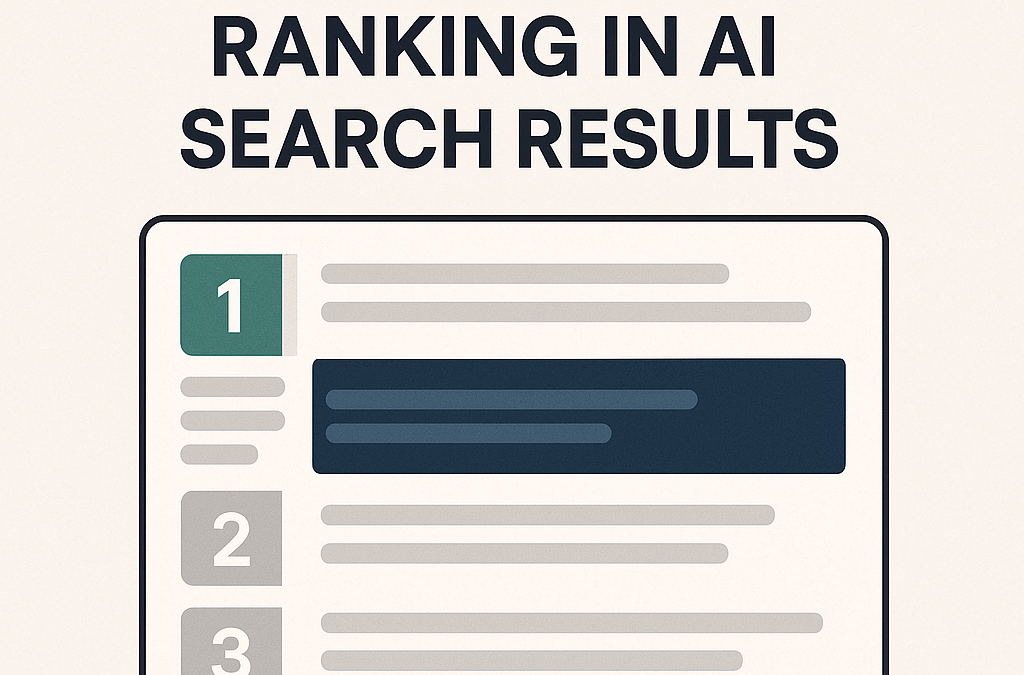Search engine optimization (SEO) is a crucial aspect of marketing for any law firm that wants to succeed in the online space. By optimizing your law firm’s website for search engines, you can improve your website’s visibility and attract potential clients to your practice. In this guide, we’ll explore some of the most effective strategies for law firm SEO.
1. Identify your target keywords
Once you have identified the target keywords, it’s important to incorporate them into your website’s content strategically. This includes your website’s titles, meta descriptions, header tags, and page content. However, it’s important to avoid keyword stuffing, which is the practice of overusing target keywords in an attempt to manipulate search engine rankings. This can harm your website’s search engine rankings and negatively impact the user experience. Instead, focus on creating high-quality, informative, and engaging content that naturally incorporates your target keywords.
This will not only help improve your website’s search engine rankings but also attract potential clients and establish your law firm as a trusted source of legal information.
Keyword research and strategic keyword incorporation are critical components of law firm SEO. By identifying target keywords and incorporating them into your website’s content, you can improve your website’s relevance and authority, attract more potential clients, and establish your law firm as a trusted source of legal information. However, it’s essential to avoid keyword stuffing and prioritize quality content that meets the needs of your target audience.
2. Optimize your website structure
Website structure plays a crucial role in search engine optimization (SEO). A well-structured website can enhance the user experience, improve search engine rankings, and attract more traffic to your site. To optimize your website structure for SEO, you should prioritize easy navigation, mobile-friendliness, and a clean layout. Avoid using flash or excessive animations that can slow down your website’s load time and frustrate users. Instead, focus on creating a clear hierarchy for your pages, with the most important pages being easily accessible from the homepage.
A simple and easy-to-use website structure not only improves user experience but also helps search engines crawl and index your site more efficiently. When creating a website, it’s important to prioritize the needs of your users and ensure that they can quickly find the information they need. This means designing a navigation menu that is intuitive and easy to use, creating a logical page structure that flows from broad categories to specific topics, and using clear and descriptive page titles and URLs.
By optimizing your website structure for SEO, you can increase your site’s visibility, attract more traffic, and ultimately achieve your online goals.
3. Create quality content
In addition to website structure, creating high-quality content is another important aspect of SEO for law firms. Providing informative and engaging content can establish your law firm as a thought leader in your practice areas, attract potential clients, and improve your search engine rankings. To achieve this, it’s essential to create content that is not only relevant to your target audience but also incorporates your target keywords naturally.
Avoid keyword stuffing and focus on producing valuable and engaging content that addresses the needs and questions of your potential clients. Regularly publishing blog posts, articles, and white papers can also help keep your website fresh and updated, positively impacting your search engine rankings. By prioritizing website structure and content, you can optimize your law firm’s online presence and attract more clients.
4. Optimize your website’s on-page elements
On-page elements play a critical role in optimizing a law firm’s website for search engines. Titles, meta descriptions, and header tags are three of the most important on-page elements that can help improve your website’s visibility and attract more traffic. Each page on your website should have a unique and descriptive title that accurately reflects its content and incorporates your target keywords. This will help search engines understand what your page is about and improve its chances of ranking for relevant searches. Similarly, meta descriptions should be compelling and provide a concise summary of what users can expect to find on the page. Using header tags, such as H1, H2, and H3, can also help break up content and make it easier to read, which can improve the user experience and keep visitors engaged.
When optimizing on-page elements for law firm SEO, it’s important to prioritize the needs of your users while also keeping search engines in mind. By providing descriptive and relevant titles, compelling meta descriptions, and well-organized content using header tags, you can improve the user experience and make it easier for search engines to understand and rank your website.
These on-page elements may seem small, but they can have a significant impact on your law firm’s online visibility and success.
5. Optimize your website for local search
For law firms serving a specific geographic area, local search optimization is critical to attracting potential clients in your target location. To optimize your website for local search, it’s essential to include your location in your content, titles, and meta descriptions. This will help search engines understand the geographic relevance of your content and improve your chances of appearing in local search results. In addition, creating a Google My Business listing for your law firm can further improve your local search visibility.
Make sure that your NAP (name, address, and phone number) is consistent across all online directories and listings, including your website and Google My Business profile. This consistency will help improve your local search ranking and make it easier for potential clients to find and contact your law firm.
By optimizing your website for local search, you can attract potential clients in your target geographic area and increase your online visibility. Consistently including your location in your content, titles, and meta descriptions, and maintaining consistent NAP information across online directories and listings can help improve your local search ranking and attract more clients to your law firm.
6. Build high-quality backlinks
Building high-quality backlinks is an essential part of law firm SEO. Backlinks are links from other websites that point to your website, indicating to search engines that your website is a trusted and valuable source of information. To improve your website’s search engine rankings, it’s crucial to have backlinks from reputable and relevant websites in your industry.
You can build backlinks by guest posting on other websites, participating in forums and communities, and commenting on relevant blog posts. This strategy can help you establish your law firm as a thought leader in your practice areas and attract more potential clients to your website. However, it’s essential to avoid buying links or participating in link farms, as this can harm your website’s search engine rankings and lead to penalties from search engines.
While backlinks are an essential part of law firm SEO, it’s important to prioritize quality over quantity. Having a few high-quality backlinks from trusted and relevant sources can be more valuable than having many low-quality backlinks. By building a strong backlink profile, you can improve your website’s authority and relevance, which can positively impact your search engine rankings and attract more potential clients to your law firm.
7. Monitor your website’s performance
Regularly monitor your website’s performance using tools such as Google Analytics and Google Search Console. These tools provide valuable insights into how your website is performing in search engine rankings and how users are interacting with your website. Use this data to identify areas for improvement and make necessary changes to your law firm’s SEO strategy.
Essential for Growing Your Practice
Law firm SEO is essential for attracting potential clients and growing your practice. By following the strategies outlined above, you can improve your website’s search engine rankings and attract more clients to your law firm. Remember that SEO is an ongoing process, and it takes time to see results. Be patient, and continue to improve your law firm’s SEO strategy over time.









